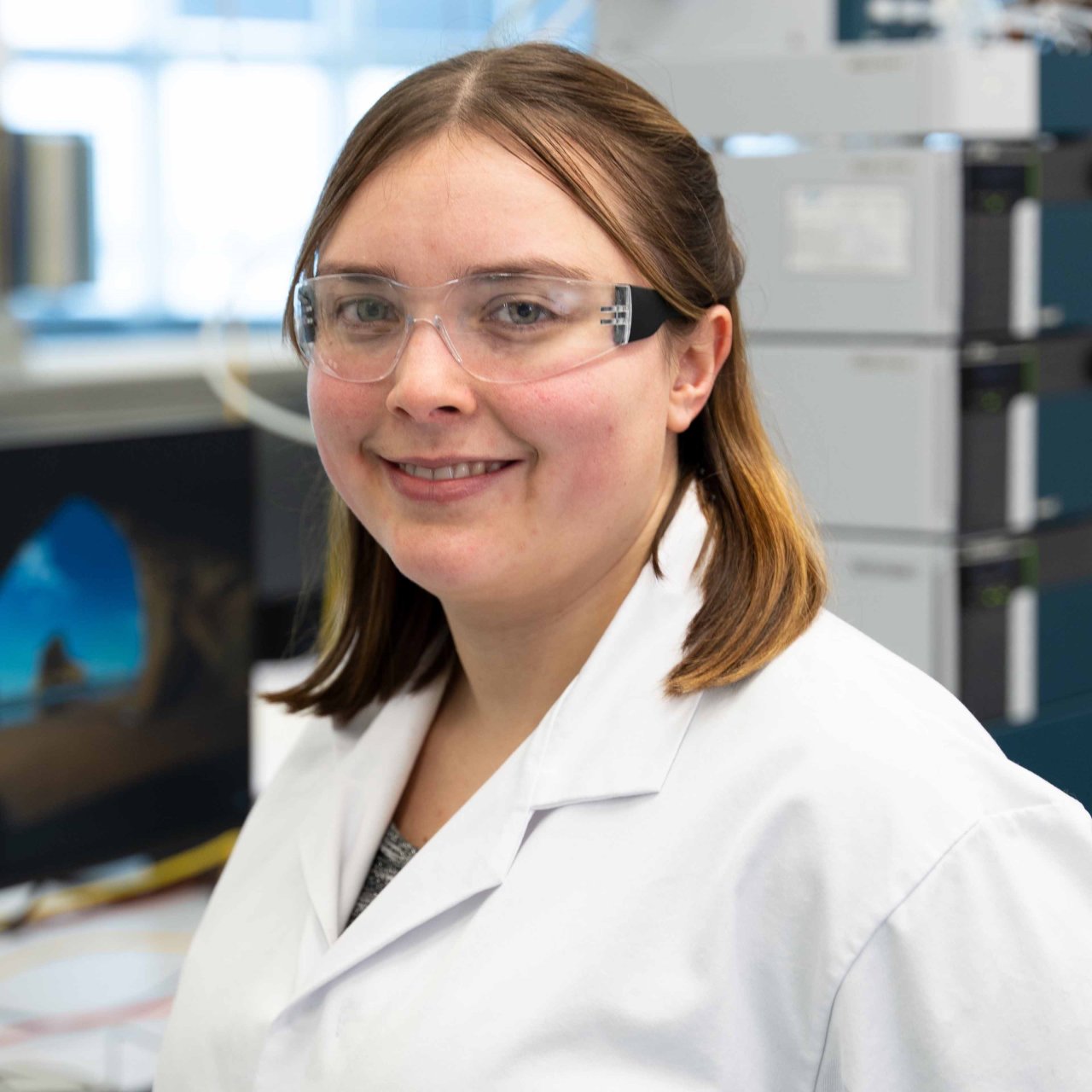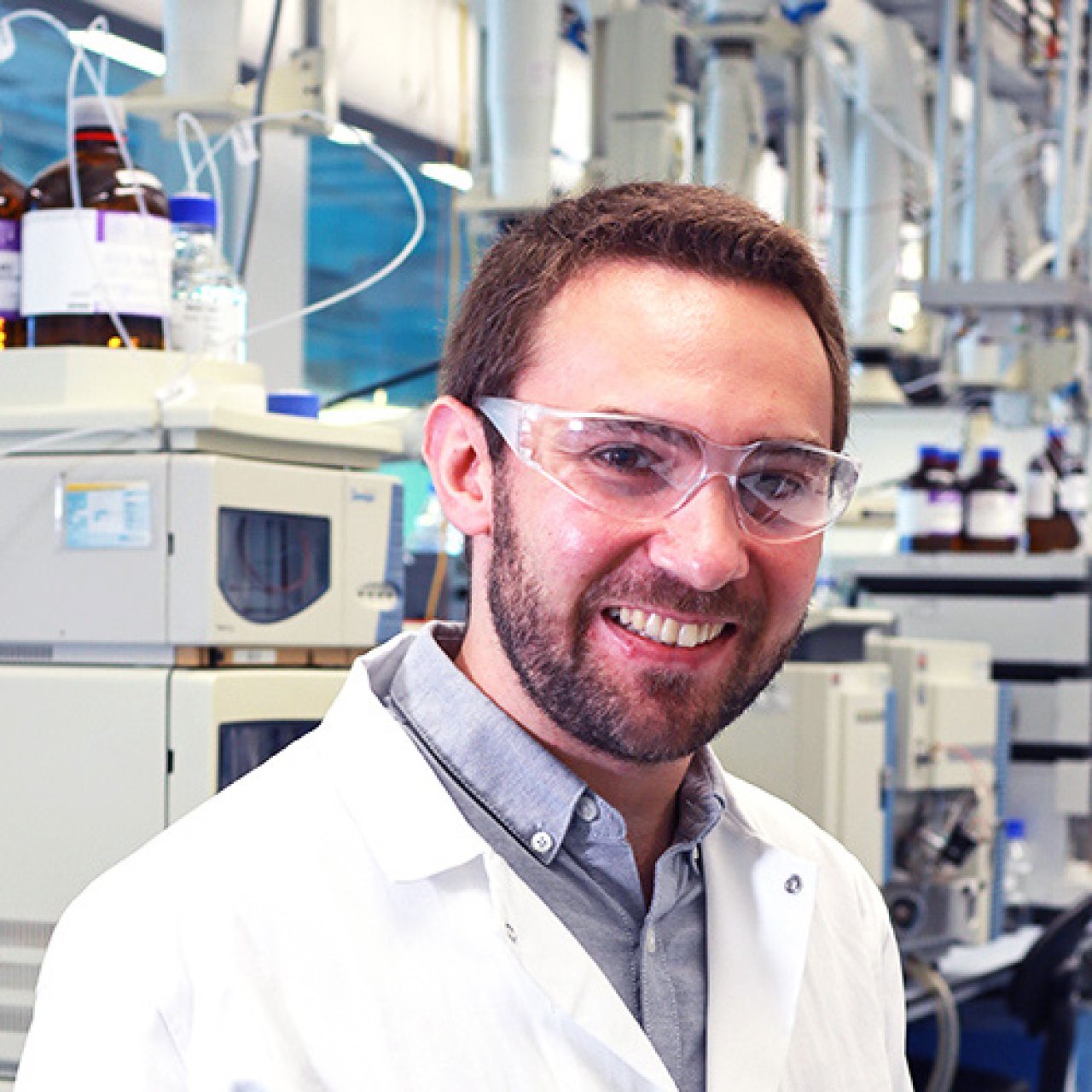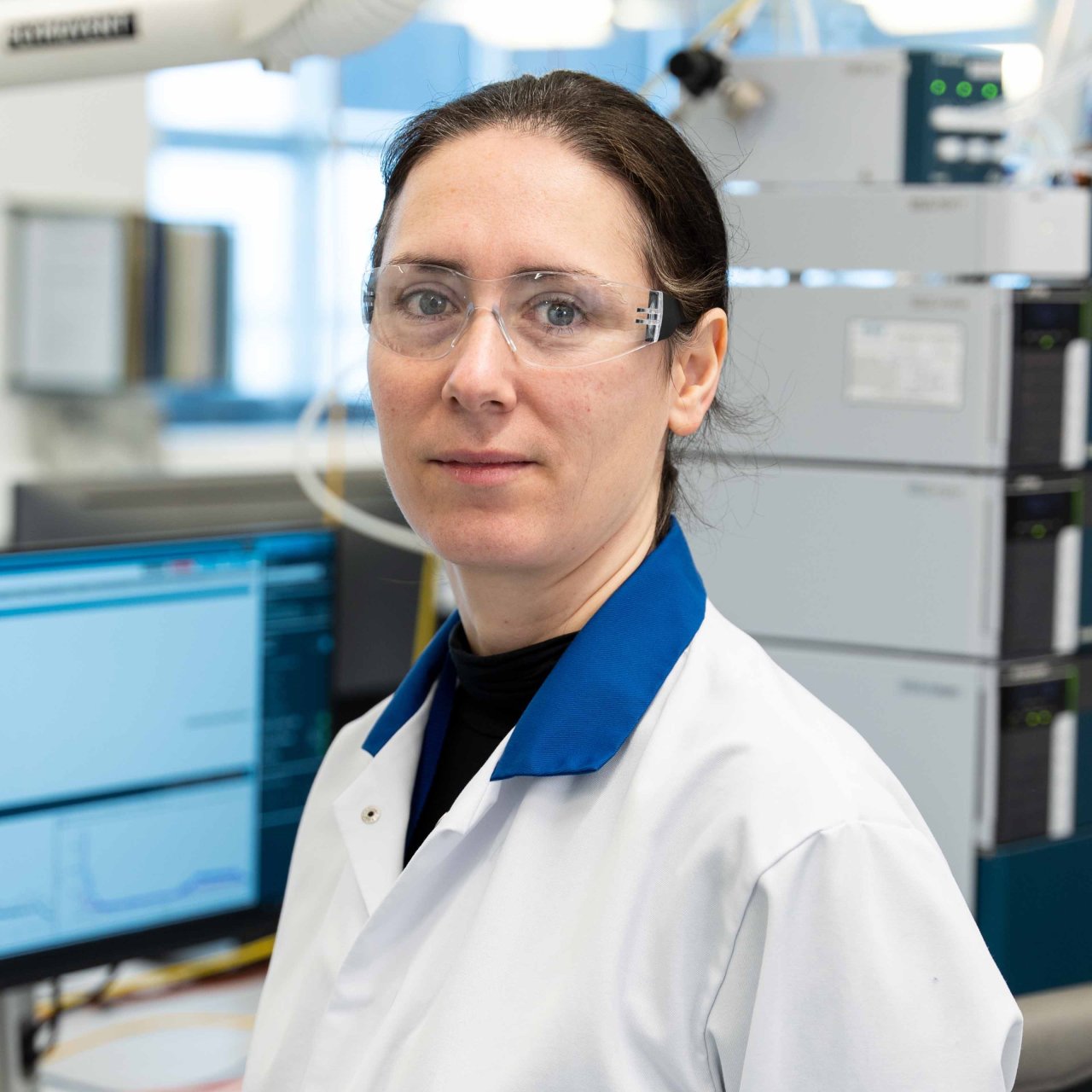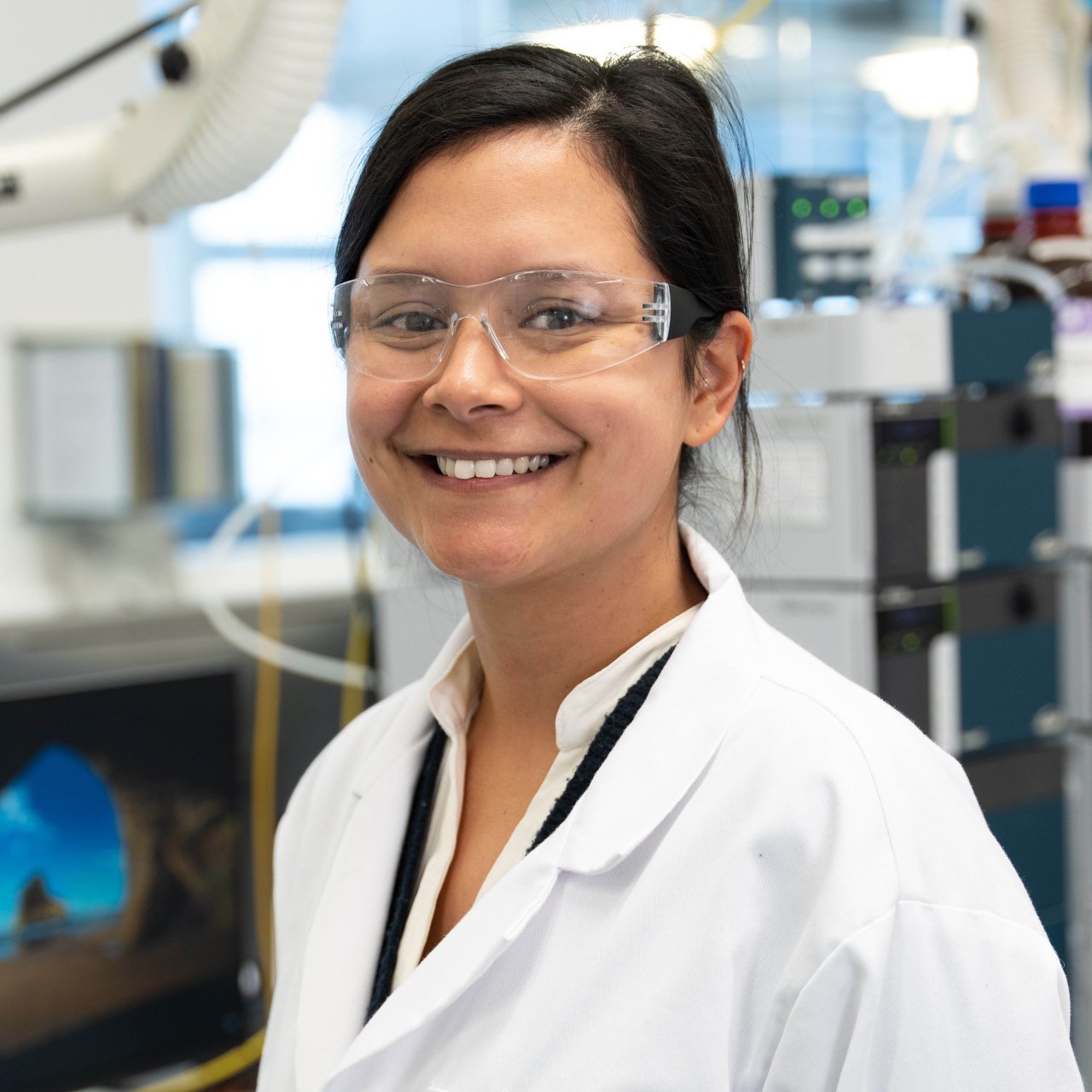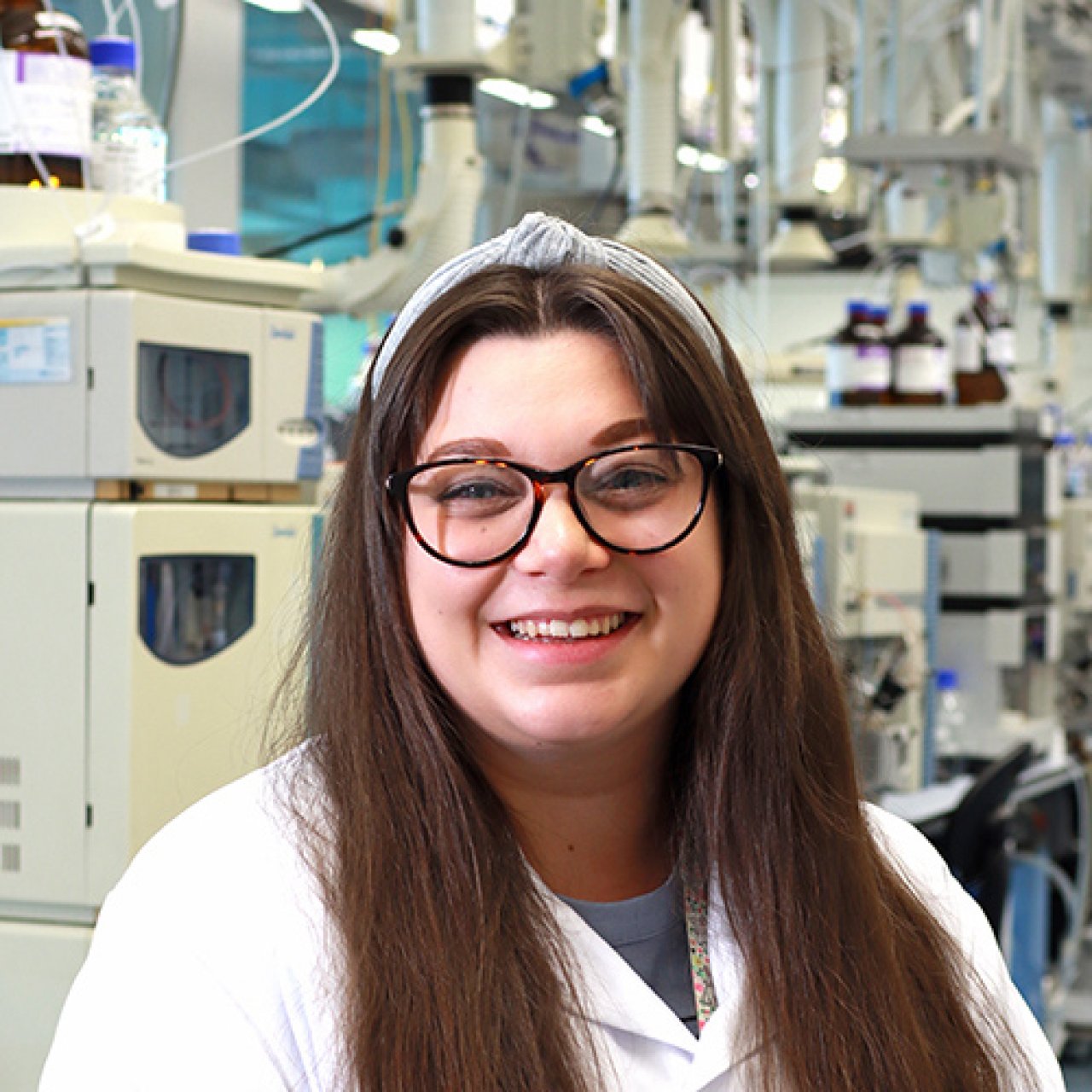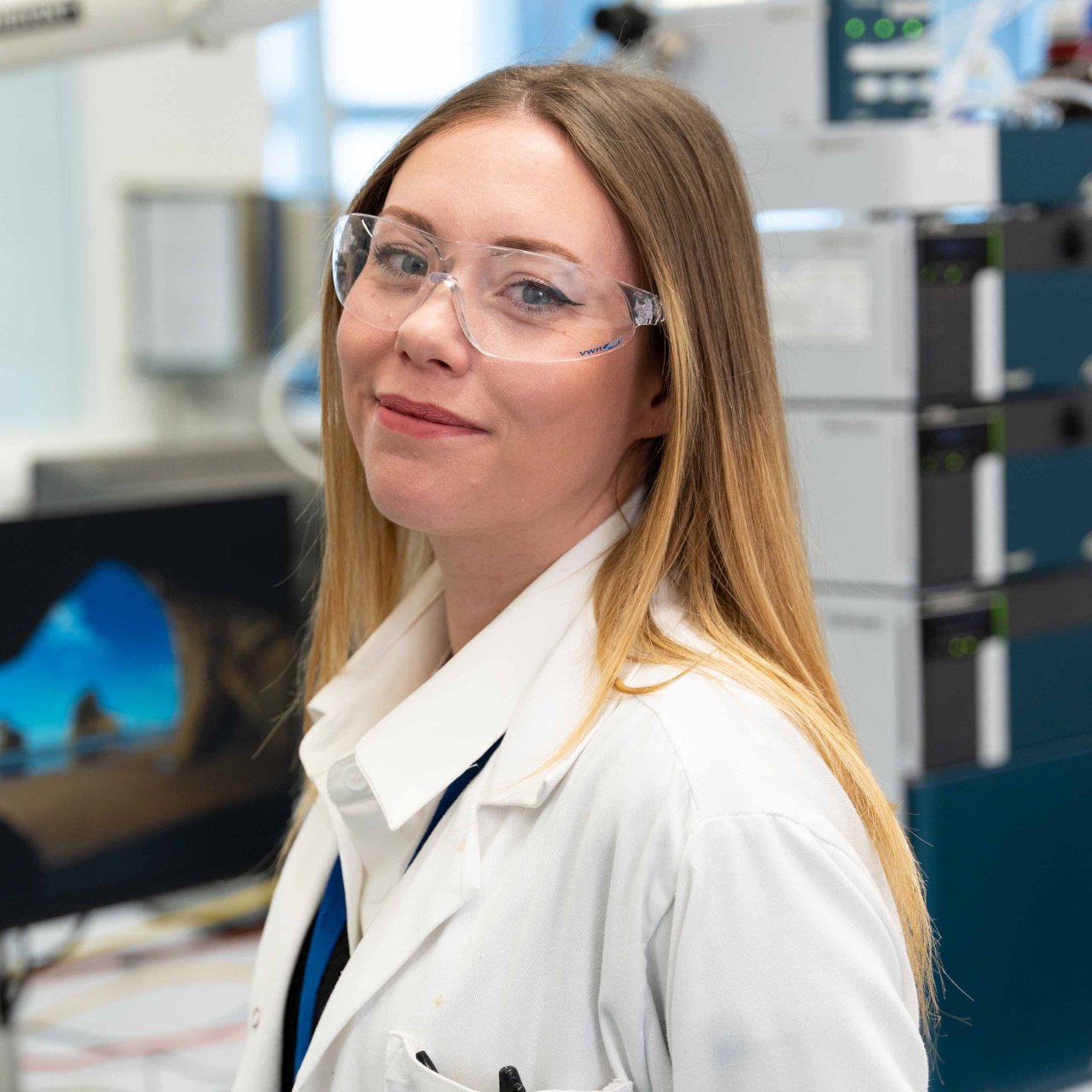Ecotoxicology
We are able to offer a comprehensive suite of Freshwater and Marine Ecotoxicology studies, covering a wide range of test species.
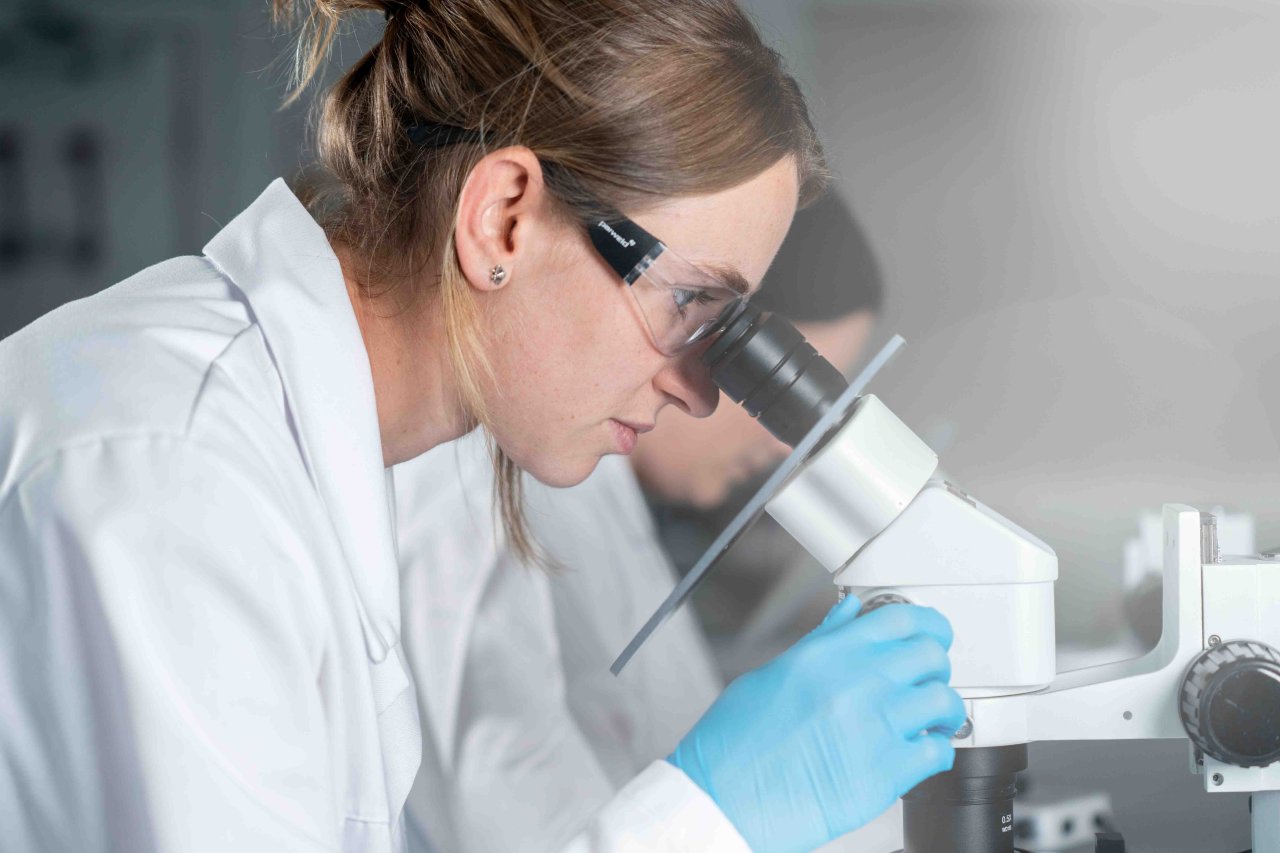
Study Search
Search our study catalogue by service, industry, study number or key word.
Our Capabilities
The purpose of ecotoxicology testing is to predict the effects of pollution, so that the most efficient and effective actions can be identified to prevent or remediate any detrimental effects.
Our multidisciplinary team of scientists have substantial experience across multiple vertebrate and invertebrate species and in a variety of test systems, (static, flow through, pulsed dose, in marine and freshwater environments). The team comprises proven experts in testing routine and problematic (hydrolytically unstable, highly sorptive, volatile, low solubility) materials and regularly develop novel methodologies, exposure systems and culture techniques to support bespoke testing strategies. We operate in modern GLP-compliant facilities striving to provide the highest quality service possible.
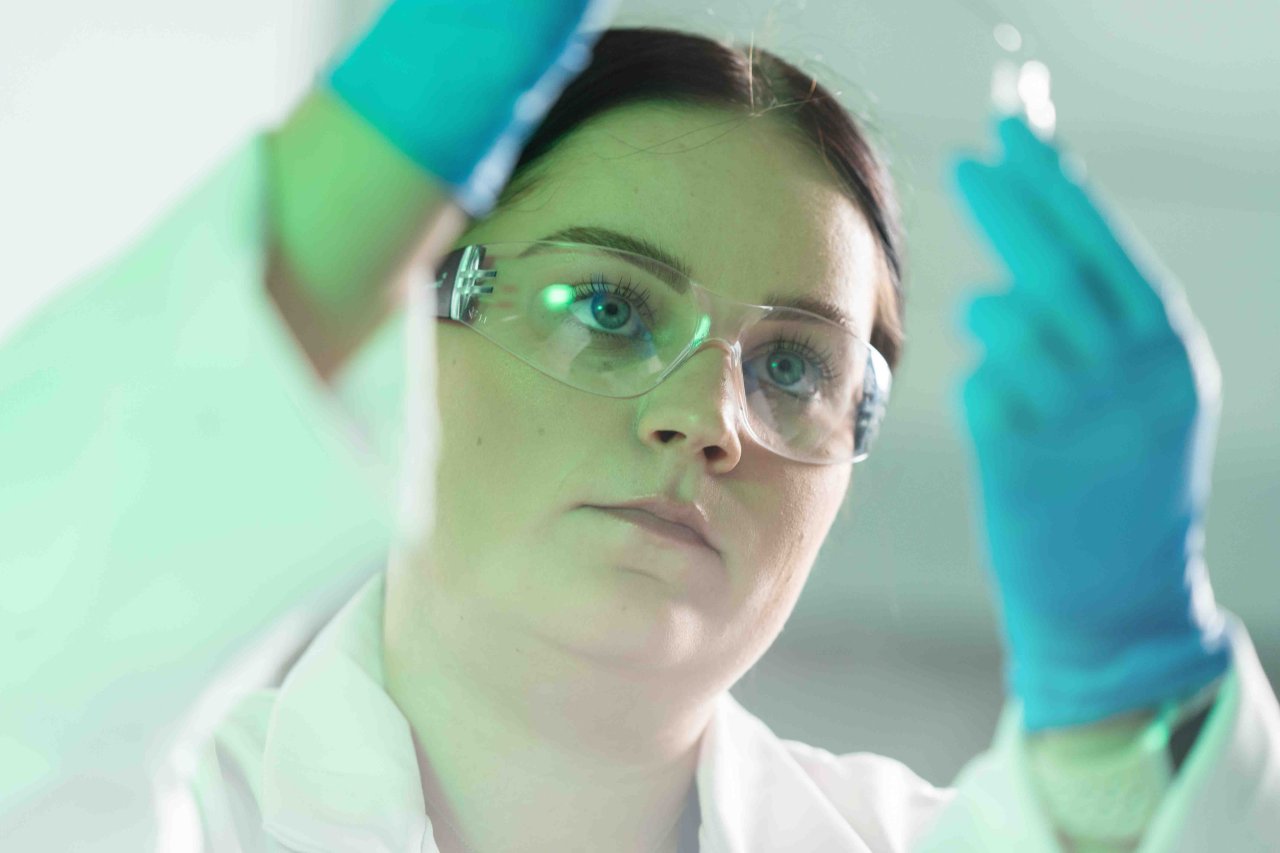
Why our customers choose us
Well established and proven cultures including Mysid Shrimp (Americamysis bahia).
Large modern husbandry and testing laboratories
Capabilities across marine and freshwater at variable salinity and temperature
Multiple study design options – flow-through, semi-static, saturator column, etc.
Acute, Chronic, Multigenerational and bespoke or custom testing
Regulatory Testing GLP, OCSPP, ISO, OSPAR
Research Testing, acute toxicology screening assays (Non-GLP)
Bespoke study design (merger of multiple guidelines or novel methods).
Species include:
Algae (All guideline freshwater and marine species).
Daphnia magna.
Fish (Rainbow trout, Carp, Fathead minnows, Sheepshead minnows).
Marine invertebrates including Mysid Shrimp - Americamysis bahia, Tisbe battaglia, Acartia tonsa
Xenopus
Our facilities
We have state of the art facilities including in-house freshwater and seawater processing and management systems, controlled temperature rooms, high flow through rates. Direct access to clean seawater provides highly flexible and customizable resources for your research project.
Flow through system design
-Most longer term fish studies are run under flow through conditions, to maintain optimum oxygen levels and to maintain the stability of dose concentrations.
-Daphnia magna and invertebrate studies can be run using a flow through design.
-The semi static design refers to solution renewals typically daily where the compound is unstable.
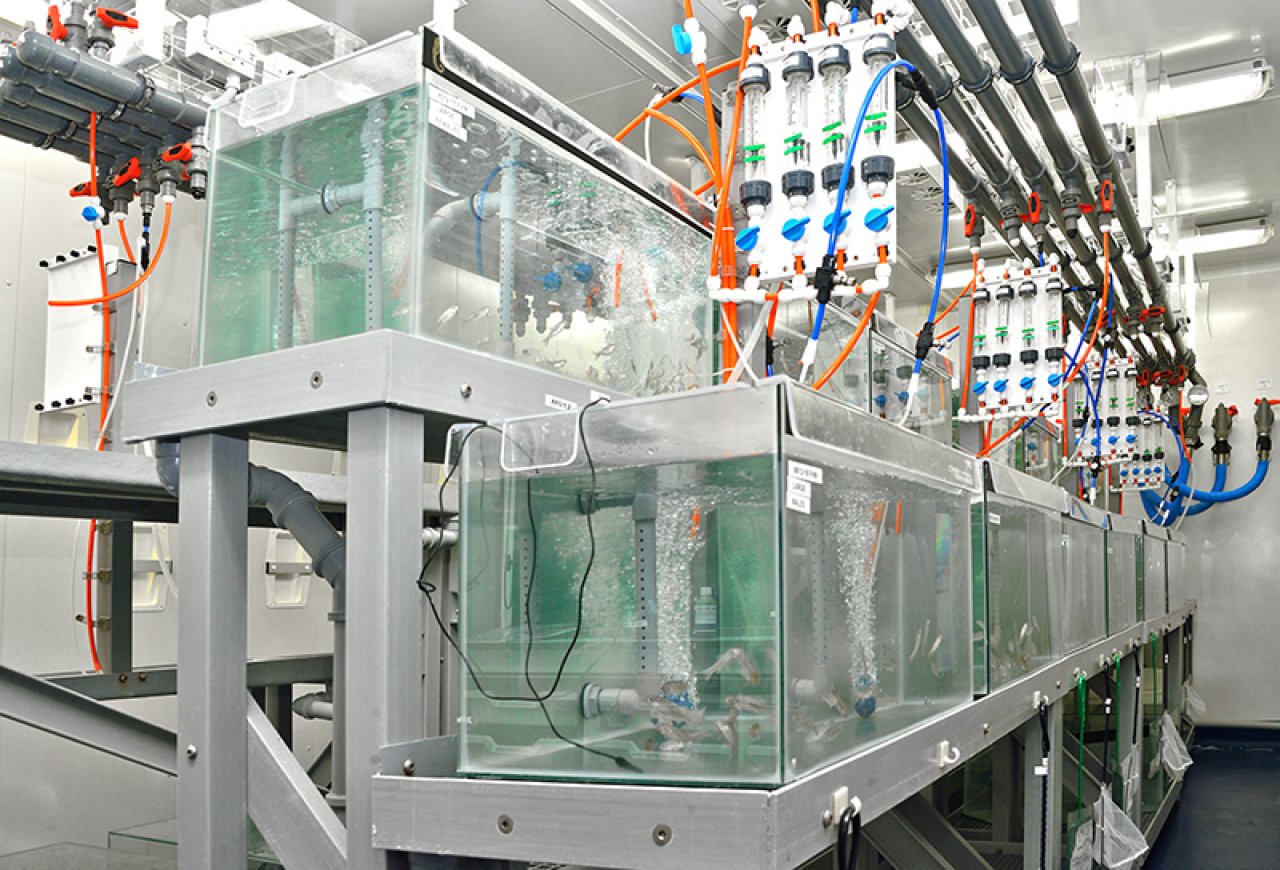
Husbandry Team Experience
Fish
Team Leader with 10+ years lab based fish/aquatic organism husbandry
Xenopus
Team leader with 3+ years experience of feeding and cleaning regimes, as well as breeding and embryo collection. Team of Aquarists also trained in husbandry techniques for Xenopus.
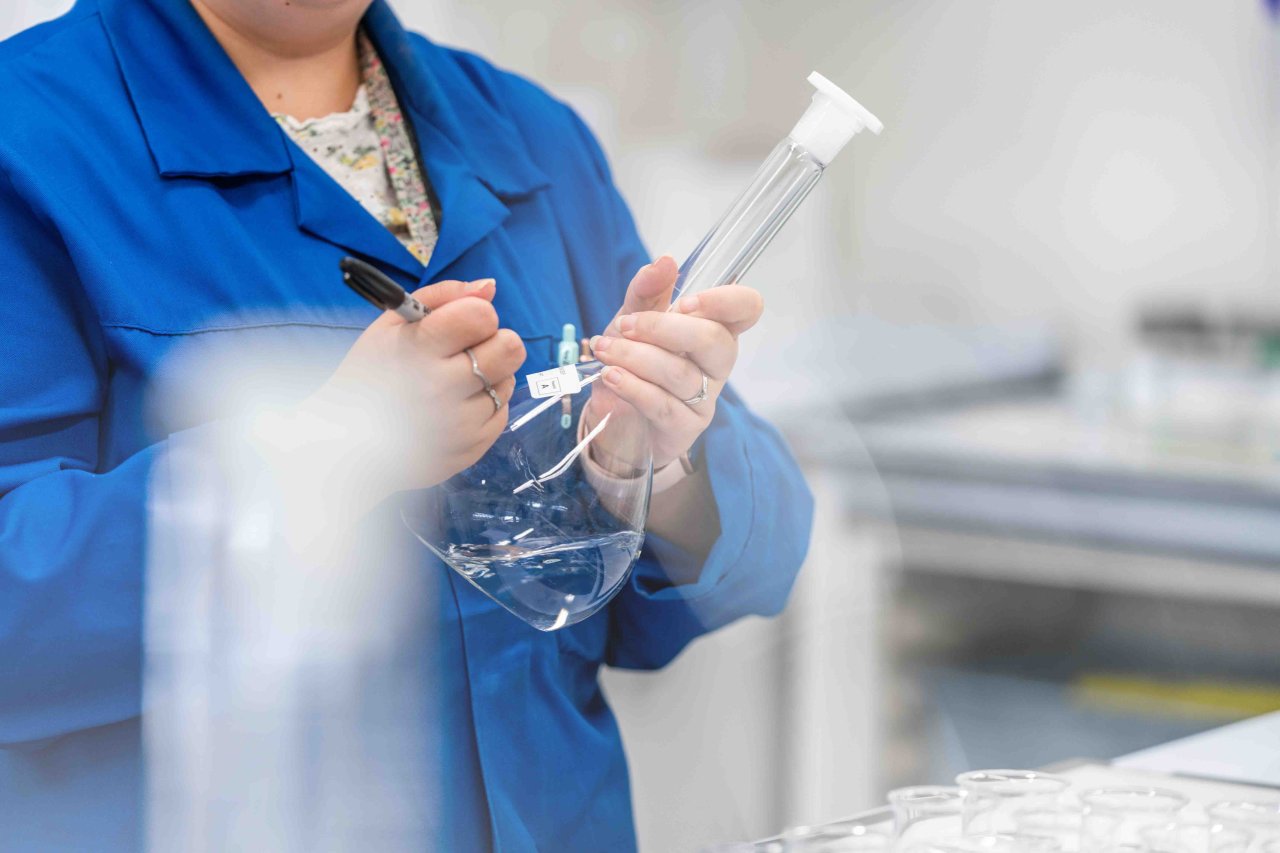
Endocrine Disruptions studies include:
•Fish Short Term Reproduction Assay (OECD 229)
•Fish Sexual Development Test (OECD 234)
•2 x Multigenerational studies (Inc. ZEOGRT – OECD 240)
•Includes ELS phase
•Includes OECD 229 phase
•FHM, Japanese medaka and Zebrafish all kept and bred on site
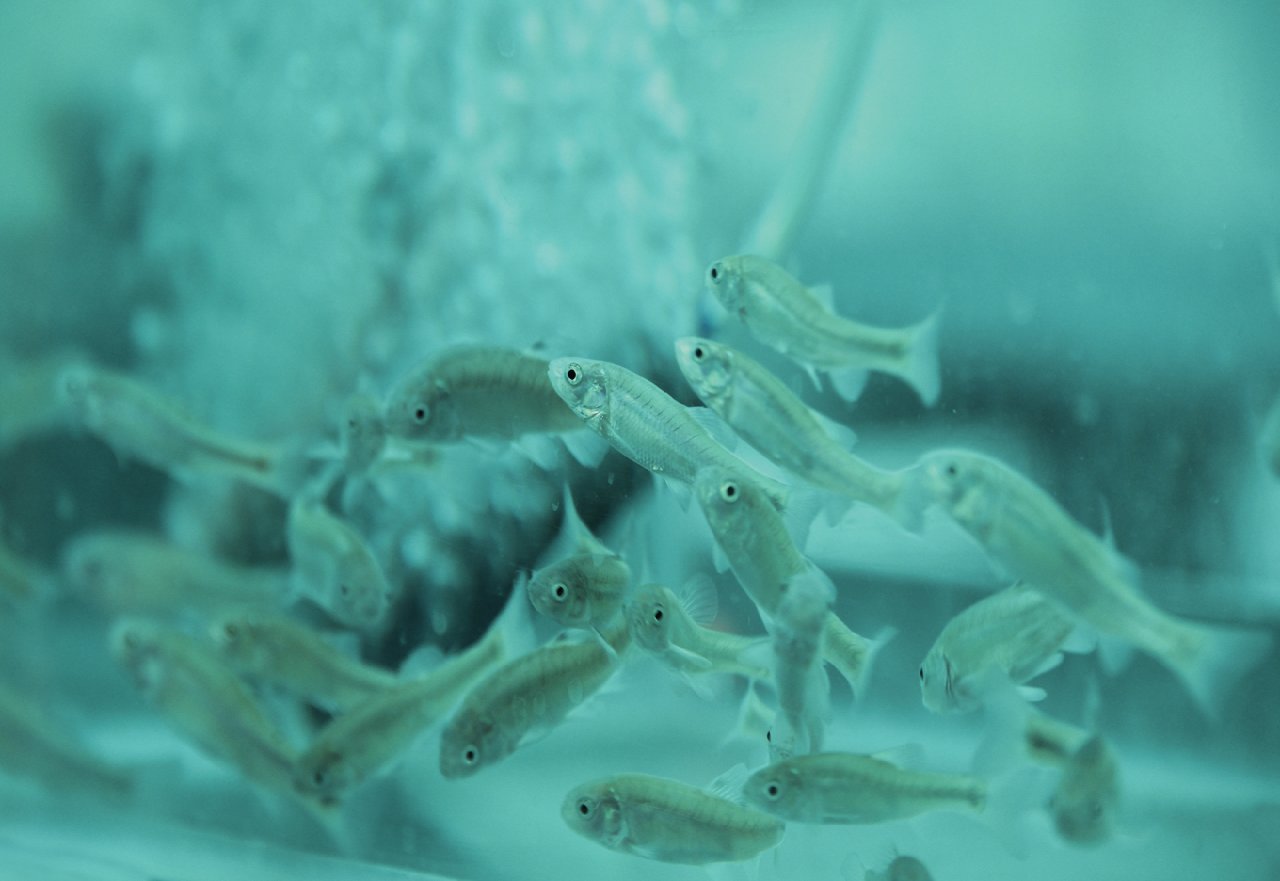
Our Team
Get in touch
We work collaboratively with our clients, and we develop innovative approaches tailored to meet specific needs.
This website uses cookies to ensure you get the best experience. Learn more

